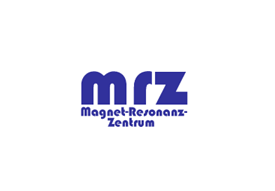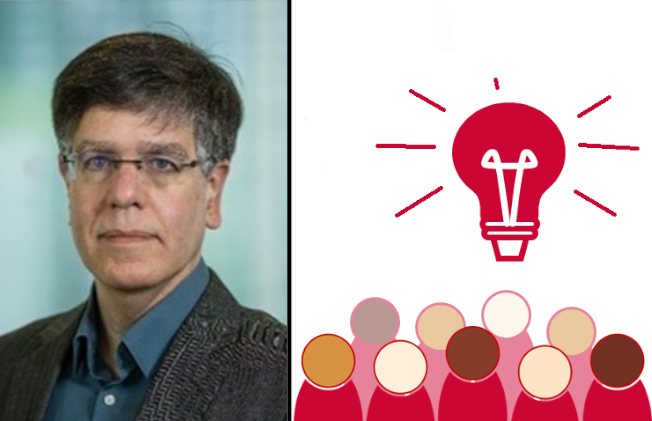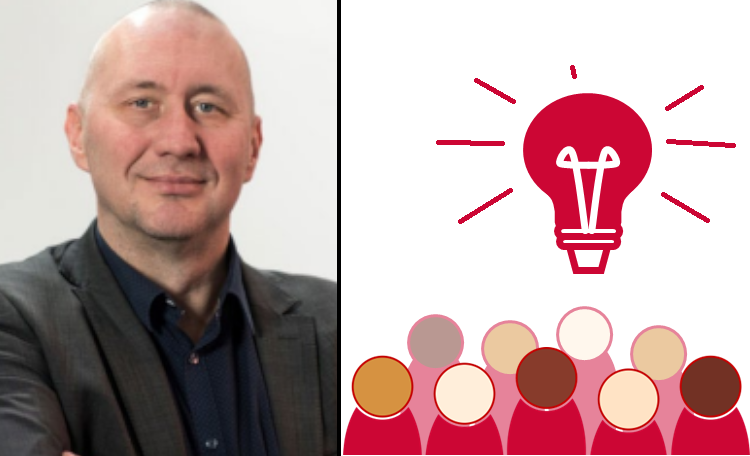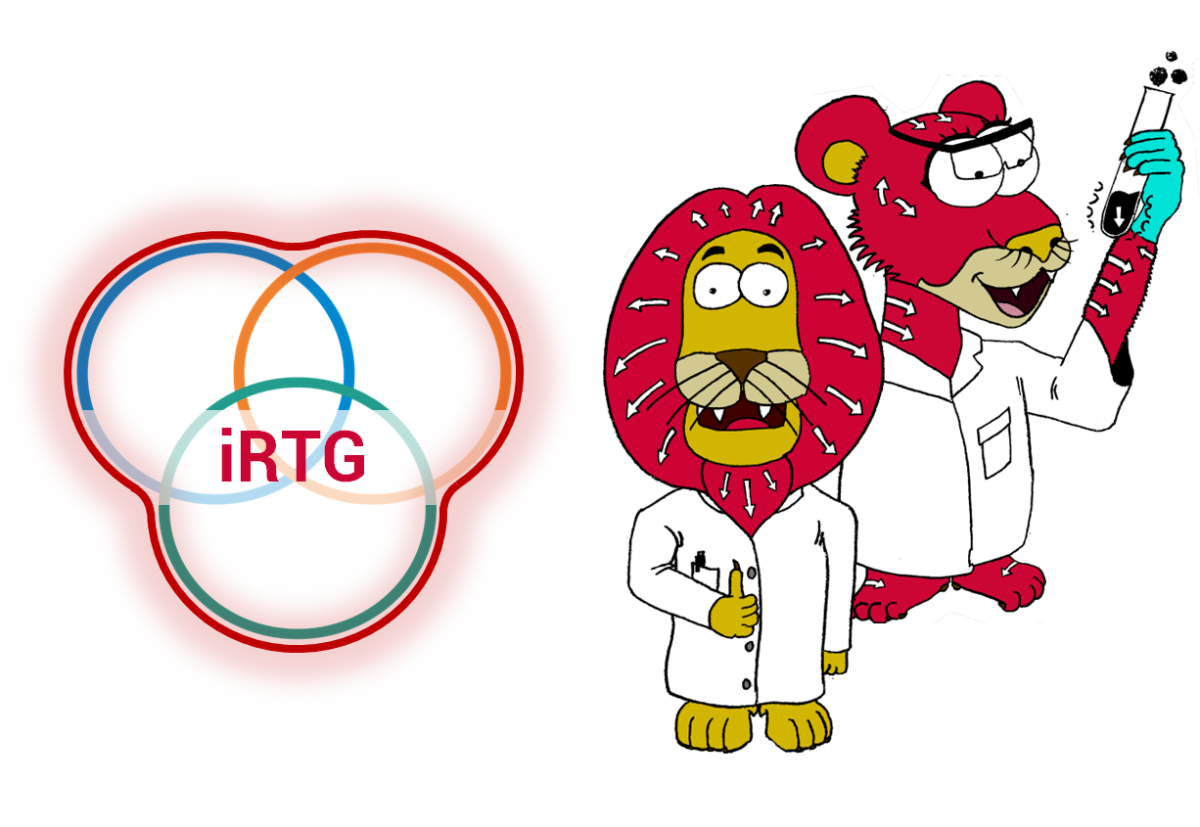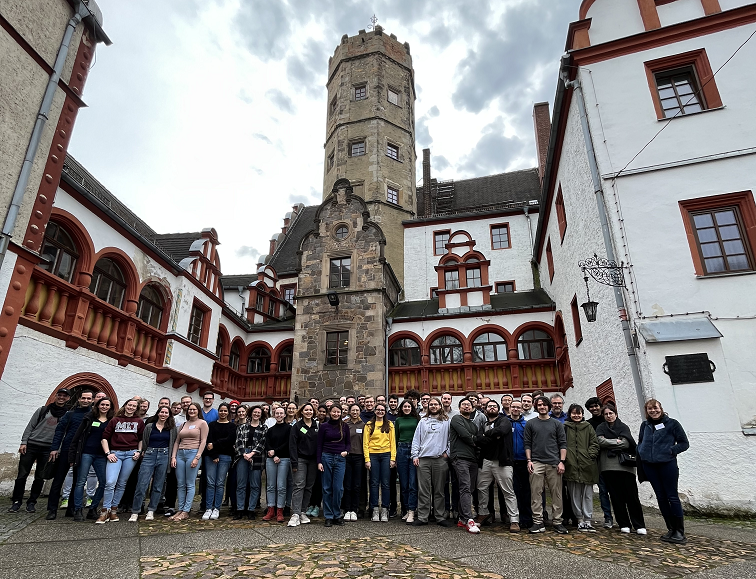From March 25 to 27, 2024, the HYP*MOL Spring Meeting will take place in Leipzig at the Faculty of Chemistry & Mineralogy. Members of our consortium are invited to spend three days discussing the latest findings and upcoming studies. The current schedule is as follows:
Mon., 25 March 2024 (great lecture hall)
14:00: Welcome with coffee & cake
15:00-16:40: Guided tours through campus
17:00: Updates on HYP*MOL organization
17:15: Till Biskup – “Future of Scientific Data”
18:00: Sandwiches, grilled food and drinks
Tue., 26 March 2024 (great lecture hall)
08:30-10:30: Talks on research data management, electronic lab books and computer environment
10:30: Coffee break
11:00-12:30: Talks on project updates and recent developments in the world of hyperpolarization
12:30: Lunch & break
14:00-14:45 (great lecture hall) Round table discussion on Joint Work Package 1
14:00-14:45 (small lecture hall) Round table discussion on Joint Work Package 2
14:45: Coffee break
15:15-16:00 (great lecture hall) Round table discussion on Joint Work Package 3
15:15-16:00 (small lecture hall) Round table discussion on Joint Work Package 4
16.15: Georg Schmidt: “Tunneling anisotropic magnetoresistance and resistive switching in organic spin valves”
17:00: Till Biskup: “(Time-resolved) EPR on spin-polarised systems – from flavins to organic semiconductors”
17:45: End of session
18:00: Barbecue, sandwiches and drinks
Wed., 27 March 2024 (small lecture hall)
09.00: Jean-Philippe Ansermet: “Overhauser effect”
09:30: Kaustubh Mote: “Spin-diffusion in solid-state NMR”
10:00: Coffee break
10:30: Frank Ortmann: “Spin & charge transport mechanisms in spintronics”
11:00: Matthias Elgeti & Luca Gerhards: “Observer spins”
11:30: Discussion
12:30: Lunch break
13:30-15:00: Meeting of TRR management
13:30-15:00: iRTG afternoon session on spin transfer in molecules: Concepts of movement of any form of spins (e.g. electrons, protons) in physics, chemistry and biology; room for discussing research data infrastructure
15:00-15:30: coffee break & farewell

